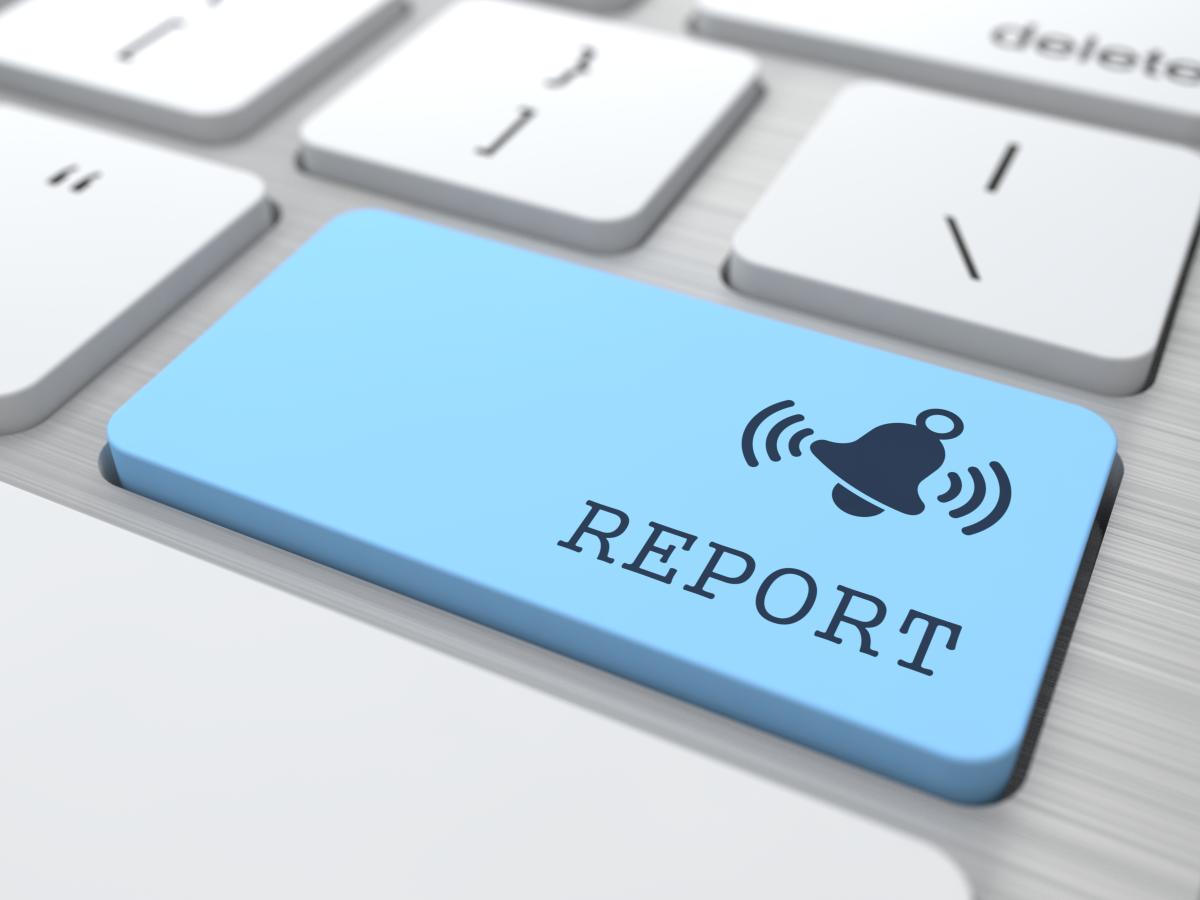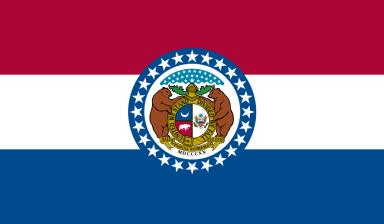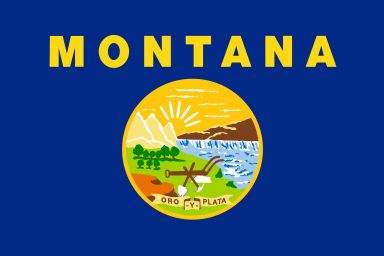Child Labor Laws | How to Report a Violation

Child labor laws in the United States are federal and state regulations designed to protect children from exploitation and unsafe working conditions. The Fair Labor Standards Act (FLSA) is the primary federal law governing child labor, which prohibits children under 16 years old from working in hazardous jobs and limits the hours they can work. States may have additional child labor laws, but they cannot permit work that is prohibited under federal law.
Although child labor is illegal in the United States, there are still instances of child labor law violations. According to the U.S. Department of Labor, there were over 200,000 child labor violations from 2015 to 2020, with the most common violations involving work hours, hazardous occupations, and record keeping. The COVID-19 pandemic has also raised concerns about a potential increase in child labor due to economic hardship and school closures. Employers, government agencies, and individuals need to be vigilant in detecting and reporting child labor law violations to protect the rights and well-being of children.
When Did Child Labor Laws Start?
Child labor laws began to be enacted in the United States in the early 20th century, although their origins date back to the 19th century. The first federal child labor law was the Keating-Owen Child Labor Act, passed by Congress in 1916 but later declared unconstitutional by the Supreme Court in 1918. However, the National Child Labor Committee, a private organization founded in 1904, had already made significant strides in raising public awareness about the issue and lobbying for state-level child labor laws. By 1915, nearly every state had passed its own child labor laws, with varying degrees of stringency and enforcement.
After the Keating-Owen Act was struck down, Congress passed the Fair Labor Standards Act (FLSA) in 1938, establishing a national minimum wage, maximum workweek, and child labor standards for the first time. Under the FLSA, children under the age of 16 were prohibited from working in certain hazardous occupations, and restrictions were placed on the hours and times of day that children could work.
Federal Child Labor Laws
The federal child labor laws, such as the Keating-Owen Act and the Fair Labor Standards Act, established minimum standards for child labor across the United States. However, state laws also play an important role in regulating child labor, and they can vary widely from state to state. In general, state laws can be more stringent than federal laws, but they cannot be less strict. This means that if a state law is more protective of children than the federal law, the state law takes precedence. Additionally, state laws may cover areas not addressed by federal law, such as age restrictions for working in specific industries or occupations.
Keating-Owen Act
The Keating-Owen Act was a federal child labor law passed by Congress in 1916 to regulate child labor in manufacturing and commerce. The law prohibited the employment of children under the age of 14 in factories and mines and set restrictions on the hours and conditions of work for older children. The law also required employers to obtain certificates verifying the age of their young workers. However, the Supreme Court declared the Keating-Owen Act unconstitutional in 1918, stating that it exceeded Congress's authority to regulate interstate commerce. The ruling led to the development of state-level child labor laws, which varied in scope and enforcement.
The Fair Labor Standards Act
The Fair Labor Standards Act (FLSA) is a federal labor law passed in 1938 and remains in effect today. The FLSA established minimum wage, overtime pay, record keeping, and child labor standards for employees in the private sector and federal, state, and local governments. Under the FLSA, nonexempt employees must be paid at least the federal minimum wage and receive overtime pay for hours worked over 40 hours in a workweek. The law also restricts the employment of children under the age of 16, prohibiting them from working in certain hazardous occupations and limiting the hours and times of day they can work.
Exceptions to Federal Labor Laws
The Fair Labor Standards Act (FLSA) sets minimum age requirements and restrictions on the hours and types of work children can perform, with some exceptions. Here are some of the most common exceptions to Federal child labor laws:
Family-owned businesses: Children of any age can work in businesses solely owned and operated by their parents as long as the business is not engaged in manufacturing or mining.
Agricultural work: Children at least 12 years old can work on farms outside of school hours with parental consent, and children of any age can work on farms owned or operated by their parents.
Babysitting and other domestic work: Children at least 12 years old can babysit or perform other domestic work in private homes.
Newspaper delivery: Children at least 11 years old can deliver newspapers to consumers.
Entertainment: Children can work in the entertainment industry, such as acting, modeling, or performing music, as long as they have a permit and work with a licensed agency.
Volunteering: Children can perform volunteer work for nonprofit organizations without pay.
It's important to note that these exceptions only apply to federal child labor laws and that state laws may have additional or different exceptions. Additionally, employers must still comply with state and federal laws on minimum wage, overtime, and workplace safety for children who are employed. An employment lawyer can help you if you believe that your rights as a minor have been violated.
The Effect of COVID-19 on Child Labor Laws in the United States
The COVID-19 pandemic had a significant impact on the implementation and enforcement of child labor laws in the United States. Here are some of the effects:
Increase in child labor: Due to the pandemic, many families experienced financial hardship and job loss, leading to increased child labor. Children were often employed in hazardous or illegal work, including farm labor, domestic work, and other jobs that violated child labor laws.
Suspension of some regulations: Some states and the federal government temporarily suspended or relaxed some regulations on child labor during the pandemic to allow young workers to participate in essential work, such as grocery stores and delivery services.
Reduced enforcement: Many government agencies responsible for enforcing child labor laws experienced staffing shortages and budget cuts due to the pandemic, which limited their ability to monitor and investigate violations.
Increased risk for child labor violations: The pandemic created conditions that made it more challenging to identify and prevent child labor violations, such as remote work and reduced oversight.
Calls for stronger protections: The pandemic highlighted the need for stronger protections for young workers. Some lawmakers and advocacy groups have called for increased funding and enforcement of child labor laws.
How to Report Child Labor Law Violations
If you suspect that a federal child labor law has been violated, here are the steps you can take to report it:
Collect evidence: Write down or record any details you have about the suspected violation, including the name and address of the employer, the name and age of the child, and the nature of the work being performed.
Contact the Wage and Hour Division: The U.S. Department of Labor's Wage and Hour Division (WHD) is responsible for enforcing federal child labor laws. You can contact your local WHD office by phone, email, or in person to report the suspected violation.
File a complaint: You can file a complaint with the WHD online, by mail, or by fax. The WHD will investigate the complaint and take appropriate action.
Seek legal assistance: If you are a child who has been subjected to illegal child labor practices, you may be entitled to legal remedies. You can contact a lawyer who specializes in labor and employment law to explore your options.
Referral to other agencies: In some cases, a suspected violation of child labor laws may fall under the jurisdiction of another agency, such as the Occupational Safety and Health Administration (OSHA) or the Equal Employment Opportunity Commission (EEOC). The WHD may refer the complaint to the appropriate agency if necessary.
It's important to note that state child labor laws may have different reporting procedures, so it's important to check with your state labor department for specific guidance. Special cases of suspected child labor law violations may need to be referred to a different agency, depending on the nature of the violation. For example:
If the violation involves hazardous working conditions, such as exposure to chemicals or heavy machinery, it may fall under the jurisdiction of the Occupational Safety and Health Administration (OSHA).
If the violation involves discrimination or harassment, it may fall under the jurisdiction of the Equal Employment Opportunity Commission (EEOC).
If the violation involves human trafficking, it may fall under the jurisdiction of the Department of Homeland Security (DHS) or the Department of Justice (DOJ).
In such cases, the U.S. Department of Labor's Wage and Hour Division (WHD) may refer the complaint to the appropriate agency for further investigation and enforcement.
It's important to note that state child labor laws may have different reporting procedures and requirements, so it's important to check with your state labor department for specific guidance.
Expertise.com StaffAuthor
Step into the world of Expertise.com, your go-to hub for credible insights. We don't take accuracy lightly around here. Our squad of expert reviewers, each a maestro in their field, has given the green light to every single article you'll find. From rigorous fact-checking to meticulous evaluations of service providers, we've got it all covered. So feel free to dive in and explore. The information you'll uncover has been stamped with the seal of approval by our top-notch experts.

Kevin RobertsReviewer
Kevin Roberts is an experienced trial attorney whose practice consists of complex civil litigation including employment-related matters on behalf of employers and employees. Kevin is licensed to practice in Washington, Idaho, Montana, and Oregon. Visit: https://www.robertsfreebourn.com/




